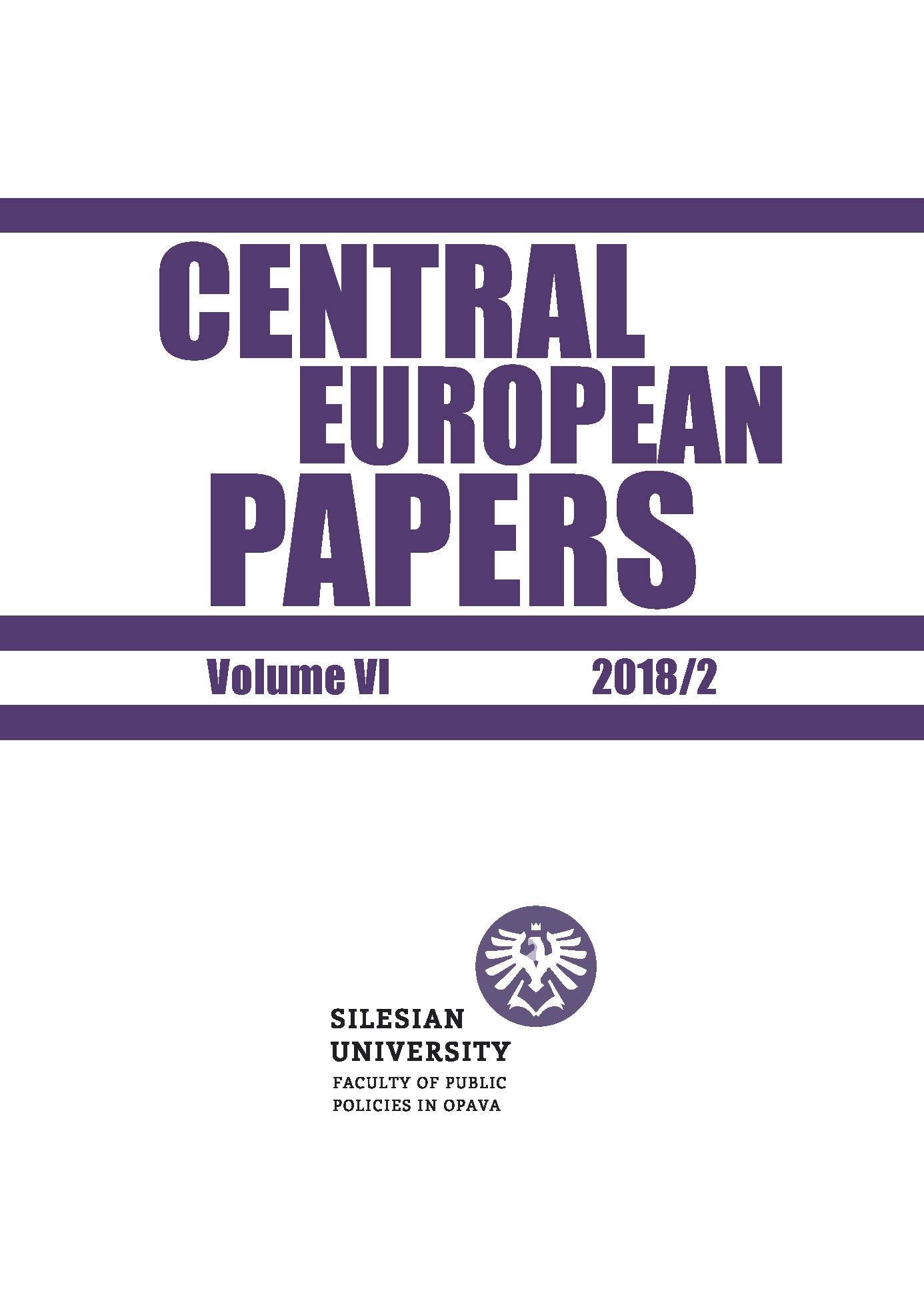Models of national referenda in Hungary – an overview starting from the change of political regime to the present day
Models of national referenda in Hungary – an overview starting from the change of political regime to the present day
Author(s): Csaba ErdösSubject(s): Constitutional Law
Published by: Slezská univerzita v Opavě, Fakulta veřejných politik
Keywords: national referendum; Hungary; fundamental rights; Constitutional Court; interpretation of the constitution; direct democracy; representative democracy
Summary/Abstract: The aim of this paper is to identify the trends and direction of Hungarian referenda-related legislation and their interpretation. The paper tries to determine the beneficiaries of the different models – for example the political elite (governmental or opposition parties), emerging political groups, or voters as non-professional (occasional) partakers of politics. The paper relies on the methodology of the science of constitutional law and it applies temporal comparison: it gives an overview of the changes in the regulation of national referenda in Hungary since the change of political regime. During three decades of the Third Hungarian Republic, the national referendum’s constitutional role and model changed several times owing to the amendment of the relevant legislation and the changes in the Constitutional Court’s and the Hungarian Supreme Court’s – called Curia – jurisprudence. A clear trend may be identified from the regulation of referenda: the clearly “referendum-friendly” 1989 rules were amended to become mainly “parliament-friendly”. It must be noted, that while the Hungarian constitutional system (unlike German or US system) still contains the institution of national referendum, the citizen-initiated “referendum threat” is decreasing tendentiously. Meanwhile, the political elite, especially the Government and the strongest parties have the greatest chance of organizing a successful referendum. The jurisprudence of the Constitutional Court and the Curia did not follow such a clear trend as the regulation. Both these bodies’ jurisprudence contains decisions in favour of referenda and against this form of direct democracy, so their jurisprudence is in a constant flux.
Journal: Central European Papers
- Issue Year: 6/2018
- Issue No: 2
- Page Range: 37-55
- Page Count: 19
- Language: English

